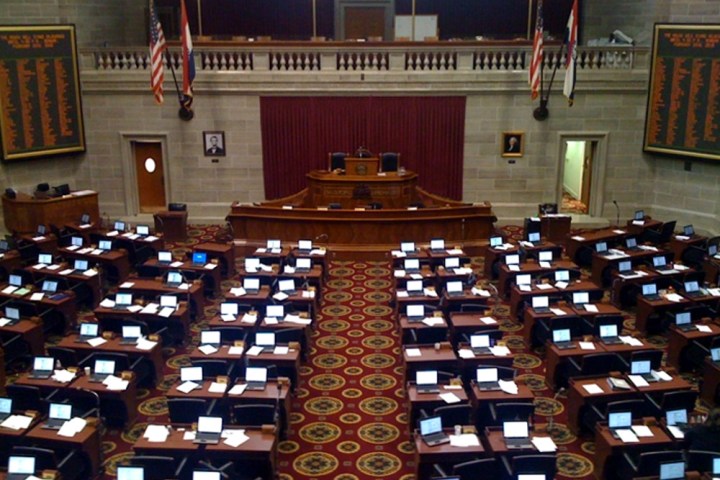
When the bill was approved by the Missouri Senate, there was no sign of this controversial provision. Republican Legislator Lyndall Fraker proposed the amendment when it reached the House of Representatives, where the bill and the amendment were approved on Monday.
Fraker’s amendment prevents local governments from competing with internet service providers, unless certain conditions can be met, or there is a vote held in the municipality. No vote is required if less than half the residents have internet access, or the project would cost less than $1 million over five years.
The Senate has not accepted the bill in its current state, due to the addition of Fraker’s amendment. As a result, a conference committee made up of five lawmakers from each chamber is being assembled to put the provision through its paces — and, perhaps crucially, Fraker will not be a part of it.
ISPs could lose out if they’re forced to compete with government-supplied internet, but they’re certainly not taking the prospect lying down. AT&T donated $62,500 to political committees in Missouri last September, according to a report from Ars Technica. Fraker has individually received $3,450 from the company since 2011, as well as $2,300 from CenturyLink and $1,500 from Comcast.
Organizations like the Institute for Local Self-Reliance are already speaking out against the amendment, and encouraging residents to do the same if they want to see it dropped. A statement released by the group yesterday read, “this is the time when a phone call to your elected official can change the course of connectivity.”


